This first instalment in our content series Five trends that shaped peace and political processes in 2021 explains why authoritarian backlash happens in countries in political transitions and what change makers and their supporters might do in case of shrinking civic spaces.
One year ago, on February 1 2021, Myanmar’s parliament was supposed to meet for the first time since the November 2020 elections. That didn’t happen. Early morning Myanmar time, the news presenter at the military-owned Myawaddy TV station cited the military’s constitutional right to declare national emergency. Political leaders, civilian leaders and activists were detained, internet and phone access were cut off, flights were cancelled and roads were blocked by soldiers – a military coup was being carried out.
Elsewhere, in Mali (May) and in Sudan (October) last year, and as recent as last week in Burkina Faso military forces completed coups d’état and regimes from Belarus to Hong Kong continued to tighten their grip – 2021 meant disheartening news for many countries in democratic transitions.
On multiple occasions in the past year, we have seen the waves of optimism in countries transitioning to civilian government or undergoing political reform fade away. Authoritarian backlash has threatened to reverse any gains achieved in terms of more inclusive, democratic governance in these diverse contexts.
In this blog piece we ask why this is happening and what can be done by pro-democracy actors (and their supporters) who live in and work around these contexts and who seek to push ahead despite shrinking civic spaces.
Why is this happening?
First of all, we want to point out that while these developments indeed sound disheartening, such developments are common historical trajectories in peace and political transition processes. Seen in this light, authoritarian relapse or backlash is not a fatal blow, but unfortunately rather a predictable dynamic. However, that does not make it easier for those seeking to shape a more progressive future departing from the status quo.

A protest march in Bardo to demand the release of the detainees 26-01-2021, Tunis Tunisia, Photographed by: Hasan Mrad
Resistance to change by status quo actors
Few, if any, political transition processes involve a “clean” break with the former regime. Whether it be the military or political actors, or private sector elites, there are often actors involved in a transition process that are more interested in maintaining the status quo and are likely to be resistant to (or undermine) changes promoted by more progressive actors.
In many instances, those same actors maintain a monopoly on state security forces or otherwise “hold the keys” to determining how the political transition process plays out – be it in relation to transitional governance arrangements, constitutional reform, or other processes. Insofar as the initial change in regime has not directly jeopardized their interests, these actors may appear to accommodate more progressive actors in any transition process. However, their priorities can change swiftly and, with it, erase any progressive gains.
Pro-change actors struggle to unite
In many contexts, regime changes have been prompted by mass mobilization and protests, often involving and driven by a broad coalition of actors who may have little in common aside from the desire to see change. It might be conservative religious actors coming together with pro-democracy activists, or it might be professional trade unions joining forces with student movements.
Such coalitions of strange bedfellows can exert significant influence in the short-term, precisely because they represent and draw on a broad cross-section of society. However, pro-change coalitions often fail to sustain momentum as the differences within such coalitions become more apparent in the immediate post-transition period. It is not to say that such differences are fatal, nor that the unifying factors that brought such actors together cannot again be used to bridge these differences and serve as a force for change.
 Protest in Minsk, Belarus. Photo: Andrew @urinfinity/unsplash
Protest in Minsk, Belarus. Photo: Andrew @urinfinity/unsplash
Pro-democracy activism has become increasingly more dangerous
Globally, the reduction in civic space has, on the one hand, created a more favorable environment for non-democratic actors to exert control as there is less attention and punitive costs to pay at the international level. At the same time, as the CIVICUS monitor shows the “closing” of civic space in most contexts experiencing peace and political transition processes speaks to the heightened risks facing more progressive civil society actors agitating for change.
This is a worrying combination for those seeking non-violent pathways to peace and political transition and often places those doing so at high personal risk. The lack of protection and heightened security risks facing women human rights defenders and women peacebuilders is one example which has lately seized the attention of the international community of late, including the UN Security Council. However, practical measures to address these challenges and counter the underlying causes will require more concerted efforts.
What can be done?
Knowing why authoritarian backlash happens, however, doesn’t help civic actors working in and around these contexts much. Here we outline a couple of options for what change makers working in and around contexts can do to push ahead despite shrinking civic spaces.
Acknowledge peace processes as messy affairs
As peacebuilders and change makers, we can do much better in acknowledging exactly how inherently turbulent, non-linear and lengthy peace and political transition processes are. We can also do much better in preparing for the types of authoritarian backlash which are almost inevitable in many contexts. We need to abandon notions of “successful” or “failed” transitions – at worst, they encourage too much focus on short-term gains and divert attention away from the need for ongoing (re)negotiation of how society and politics function.
At Inclusive Peace, we think of this as perpetual peacebuilding, where peace and political transition processes are better understood as a series of negotiations and renegotiations of the social and political contract in a society.
Transition processes are far from the neat, linear and tidy affairs that many – whether policymakers or activists – may foresee or hope for. They involve constant tension and competition and require ongoing re-strategizing and re-negotiation. They are also not unidirectional – what has been achieved can be rolled-back, and the limited spaces for more progressive, reform-minded actors can open up in unforeseen and unanticipated ways.
 Demonstrators in Hong Kong Photo protesting against China’s plans to impose a new security law on the territory. Photo: Joseph Chan
Demonstrators in Hong Kong Photo protesting against China’s plans to impose a new security law on the territory. Photo: Joseph Chan
Equally, measures geared towards limiting the space for democratic reforms cannot be sustained indefinitely. Cracks in the concrete walls of the authoritarian system and its allies eventually start to appear. For those seeking to influence the way forward, it is therefore critical not just to be patient, but to be strategically prepared for when the window of opportunity presents itself.
Work in scenarios and proactively develop strategies
This could involve working in scenarios and proactively developing action strategies for each scenario, preparing and seeking to shape the day when the “cracks in the walls” appear. It could also mean working to develop and strengthen those national and international allies that will be key when the day comes. And even though none of these scenarios might play out exactly as they were envisioned, they will come in hand: defining a variety of reactive and proactive strategies can enhance the ability of civil society, business and others to affect change. Knowing the appropriate strategies will help navigate the unfolding circumstances and create or make use of any entry points and opportunities when they unfold.
However, while identifying creative ideas and strategies from other contexts can be very useful for civic actors trying to affect change in their own context, replicating precisely the strategies and approaches used elsewhere has typically not been effective. There have been many examples where “colour revolutions” or protest movements have sought inspiration from neighbouring countries, replicating strategies and tactics which ultimately fail to succeed. In many instances, such experiences overlook the specific circumstances and conditions in a particular country. There is no “one size fits all” when it comes to charting strategies for civic actors to influence political transition processes. Instead, it is possible to draw inspiration and adapt specific elements from numerous country contexts and, in this way, shape a specific approach which is tailored to the particular context and therefore more likely to succeed.
Keep creating pressure – and keep funding
While the firm grip of an authoritarian backlash may appear insurmountable, there are often some cracks which appear over time, and which offer openings for civil resistance to challenge the status quo. Working inside and outside the country – either simultaneously or in a complementary way – can also create different types of pressure, though this comes with heightened risks and, depending on the regime, actions beyond a country’s border targeting opposition movements cannot be ruled out. In this way, alliances and coalitions of actors – both inside actors as well as those from other countries – ranging from peer movements to policy makers – can ensure sustained focus and attention on shifting the status quo. This also speaks to the need for external actors to provide consistent support and accompaniment.
Our approach in these contexts
At Inclusive Peace, we help our partners identify these scenarios and develop strategies to proactively ideas and inspiration to shape transition processes by using evidence based comparative research, sharing our own experiences from more supporting actors in over 20 countries around the globe and connecting partners with other experts and peers. Read more about our peace process support here.

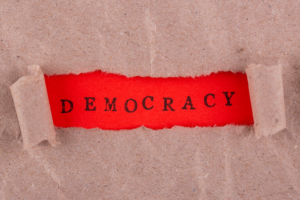

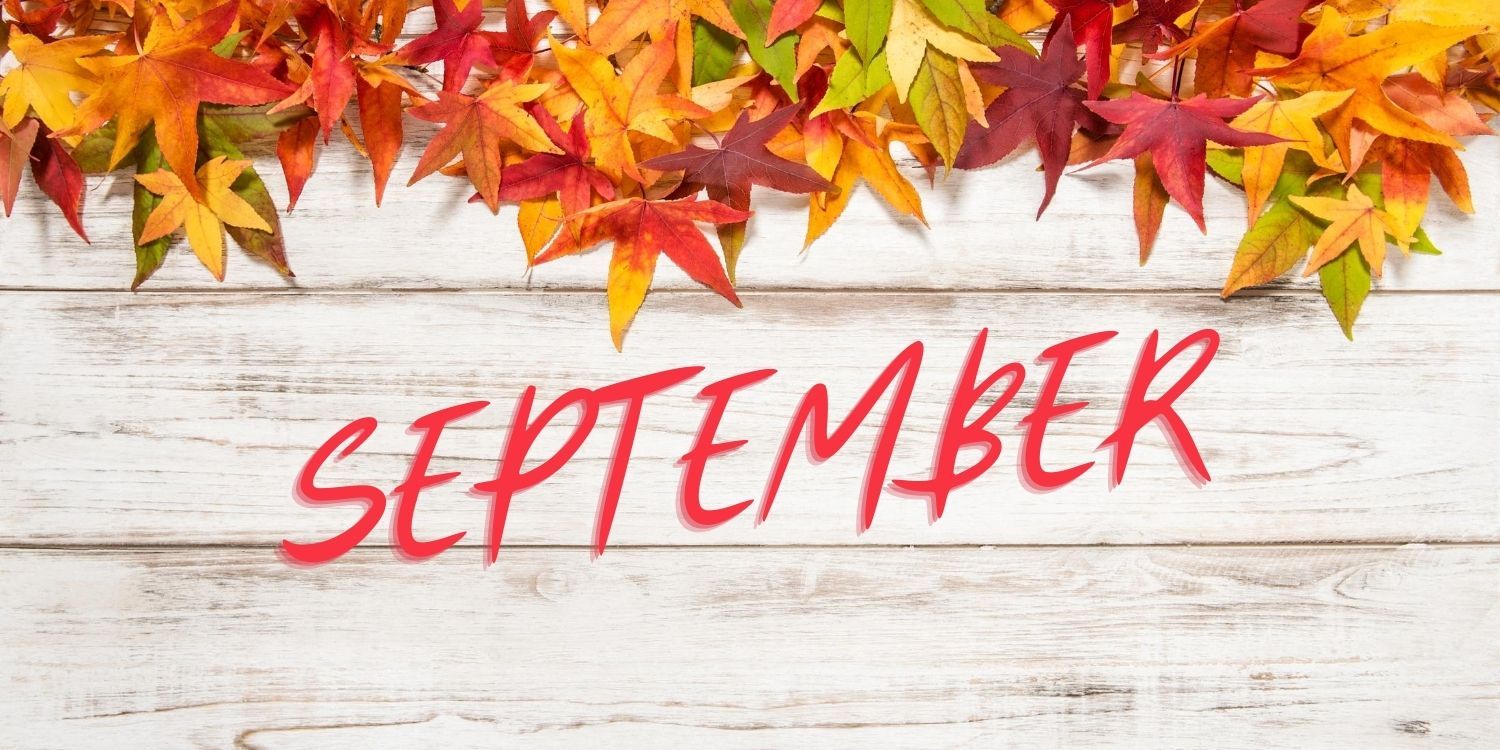

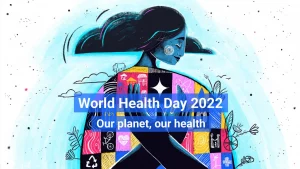
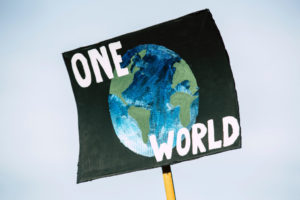 This year we celebrate Earth Day as a call to action for not only the climate crisis, but also the global business and political climate crises. The organisers have planned multiple initiatives, events and programmes to improve our climate literacy and get us involved in one of the five thematic areas from restoration to food security. Learn more
This year we celebrate Earth Day as a call to action for not only the climate crisis, but also the global business and political climate crises. The organisers have planned multiple initiatives, events and programmes to improve our climate literacy and get us involved in one of the five thematic areas from restoration to food security. Learn more 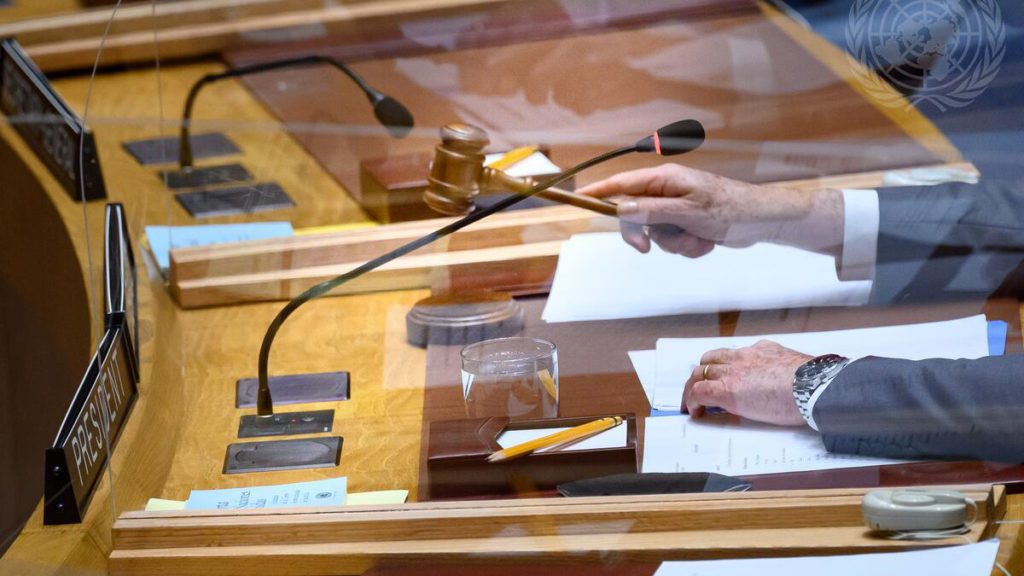

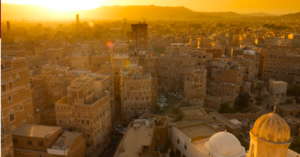
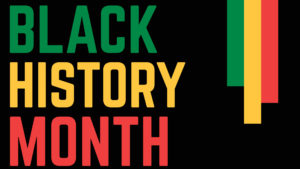
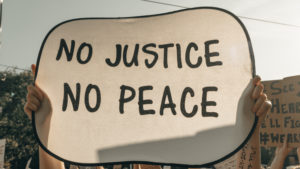 On this year’s
On this year’s 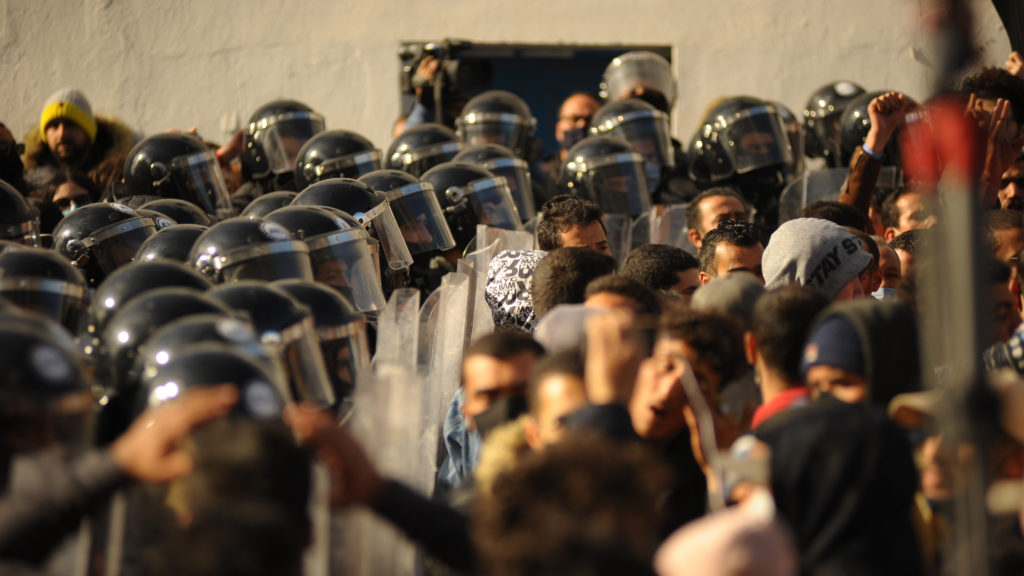
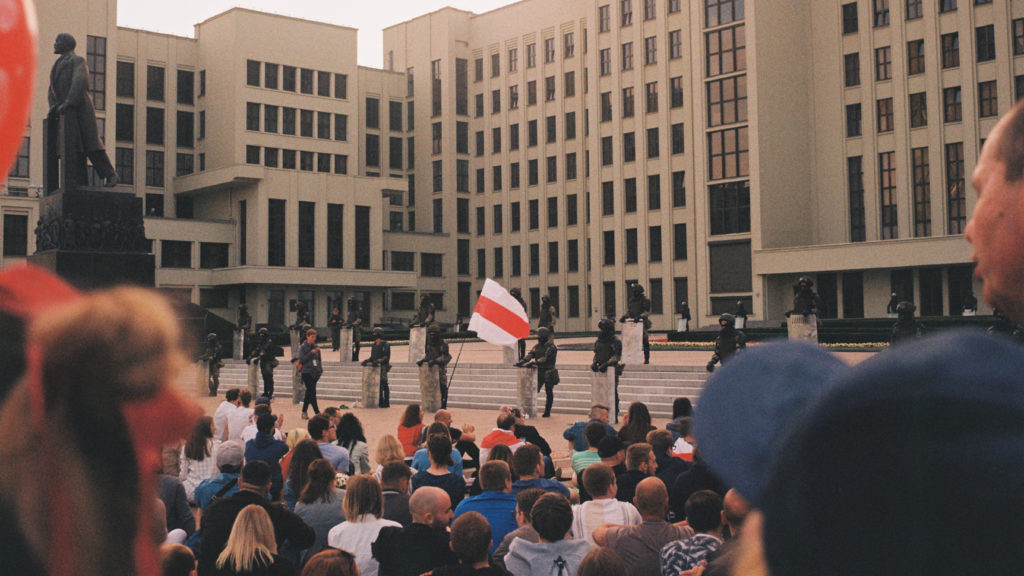
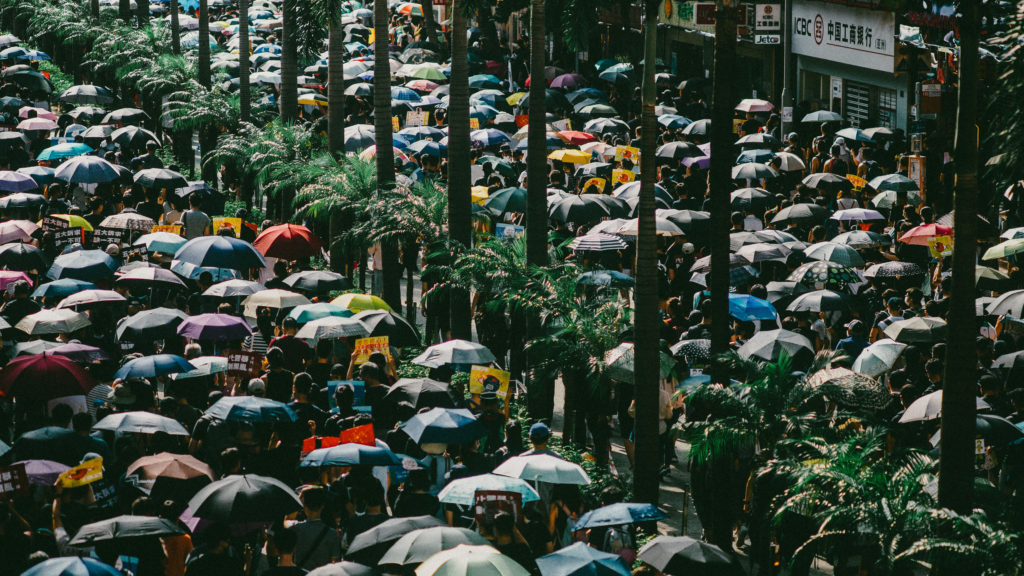
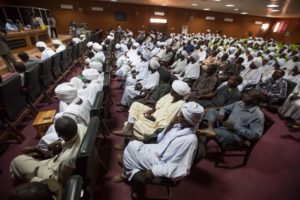
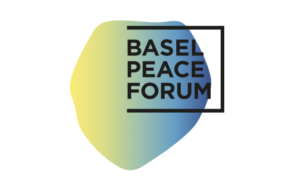
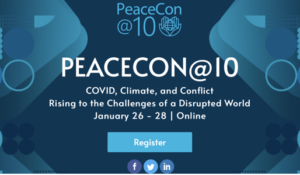 In light of recent global climate, health and political crises that have challenged our way of thinking and acting the tenth anniversary of annual Peace Conference #PeaceCon@10 aims to address these obstacles and explore pathways to overcome them. Check out the
In light of recent global climate, health and political crises that have challenged our way of thinking and acting the tenth anniversary of annual Peace Conference #PeaceCon@10 aims to address these obstacles and explore pathways to overcome them. Check out the